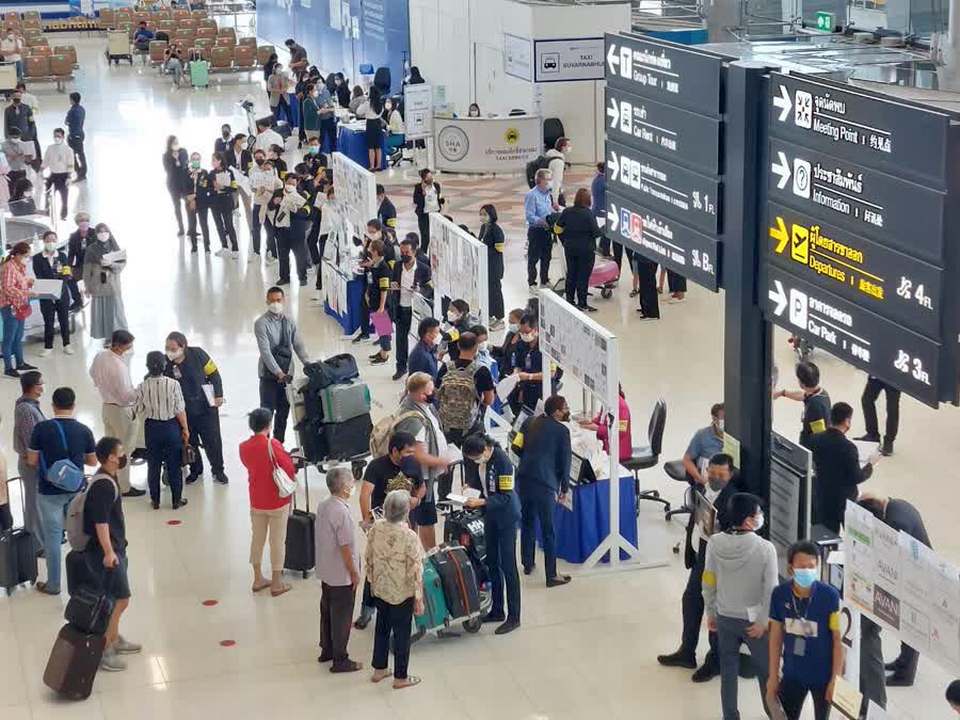
Srettha Thavisin, the Thai prime minister, has finally announced that the proposed tax on tourist arrivals has been cancelled. The suggested imposition, 300 baht at airports (around US$9) and 150 baht by land or sea, had initially been suggested as the country emerged from the covid pandemic. It had been opposed by the travel industry on the grounds of ambiguity and confusion.
The idea from the National Tourism Policy Committee was originally promoted as a way of funding the medical costs of foreign tourists involved in accidents or who sadly passed from the mortal coil. However, it quickly became apparent that only 10 percent of the fund would be devoted to insurance and would be highly discretionary.
The proposed fund was then marketed as an essential part of repairing and restoring tourist sites such as some temples and archaeological sites. Examples put forward were to install public lavatories at tourist attractions or to restore religious images to their former glory. It was argued that the huge increase in tourist numbers post-covid would require a subsidy from the visitors themselves to keep popular sites from decay.
The issue of how to collect the entry tax was never resolved. It did not apply to Thai citizens, diplomats, work permit holders and babies under two years. Holders of the Elite visa and one-year extensions of stay, based on retirement or marriage, grumbled that they were not "tourists" in any case. Airlines opposed the tax being included in tickets as they could not tell (without detailed inquiry) who should pay it and who should not.
The next suggestion was to install special booths at airports and land borders, an idea quickly discarded because the inevitable long queues could easily ruin Thailand's positive marketing initiatives. Pre-entry use of credit cards and QR codes was put forward, but was again abandoned as an easy solution. For example, some cards refused to accept transactions for small sums whilst processing can be a time-consuming process.
The issues arising from tourist insurance were addressed in February 2024 by the establishment of the Thailand Traveller Safety Website. This permits cash refunds of between one million and 300,000 baht for untimely deaths and injuries arising from accidents. However, the scheme applies only to those with a "tourist" visa and expires in August 2024. Pre-registration before a calamity is essential for claimants.
Mr Srettha, in his cancellation address, explained that the abandoned scheme wasn't really worth the effort. He placed his confidence in the growing number of overseas visitors which means more revenue to the national cash pot. But expats – especially those living on pre-taxed pensions and policies – would now appreciate frankness about the Thai Revenue policy on taxing overseas income, both remitted and worldwide. It's another hot potato.



Inga kommentarer:
Skicka en kommentar